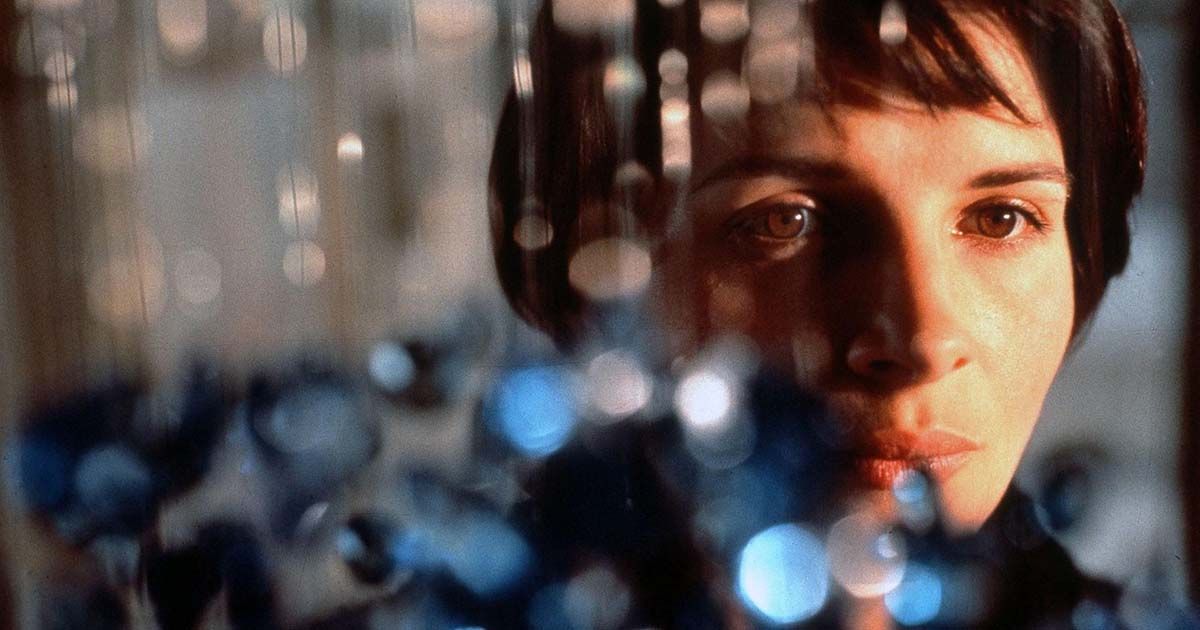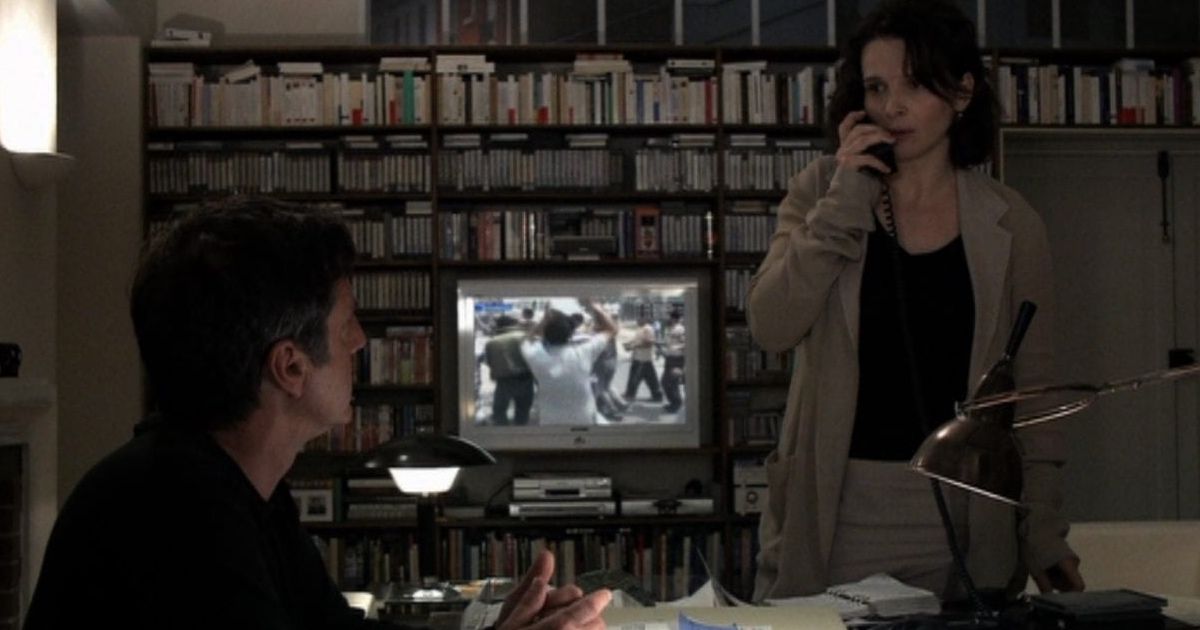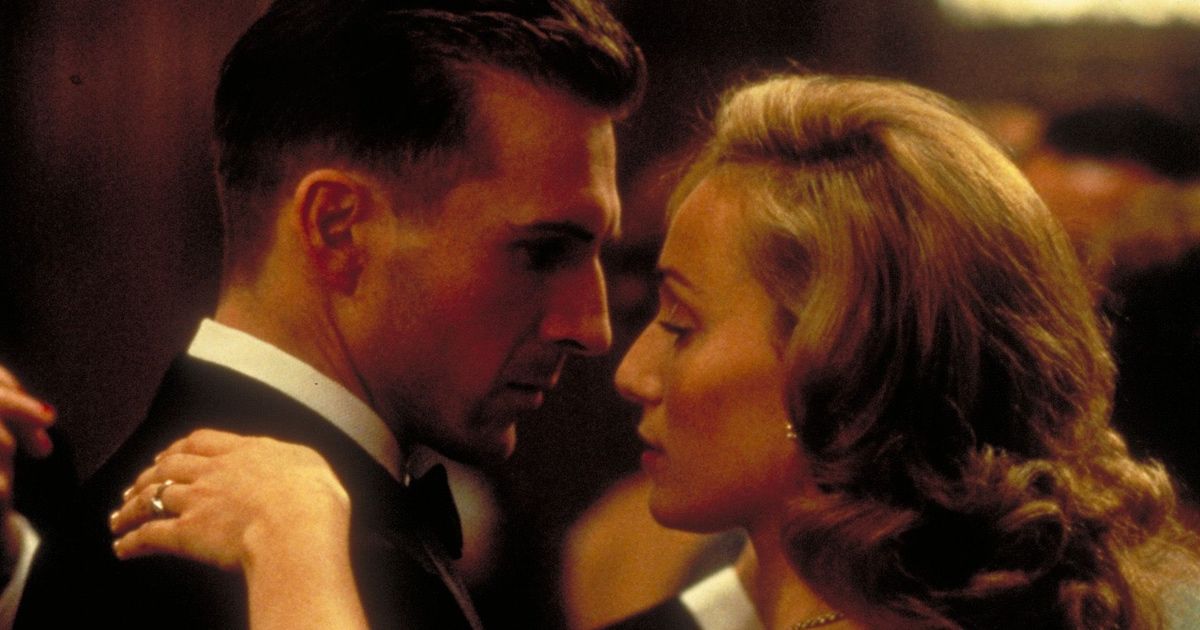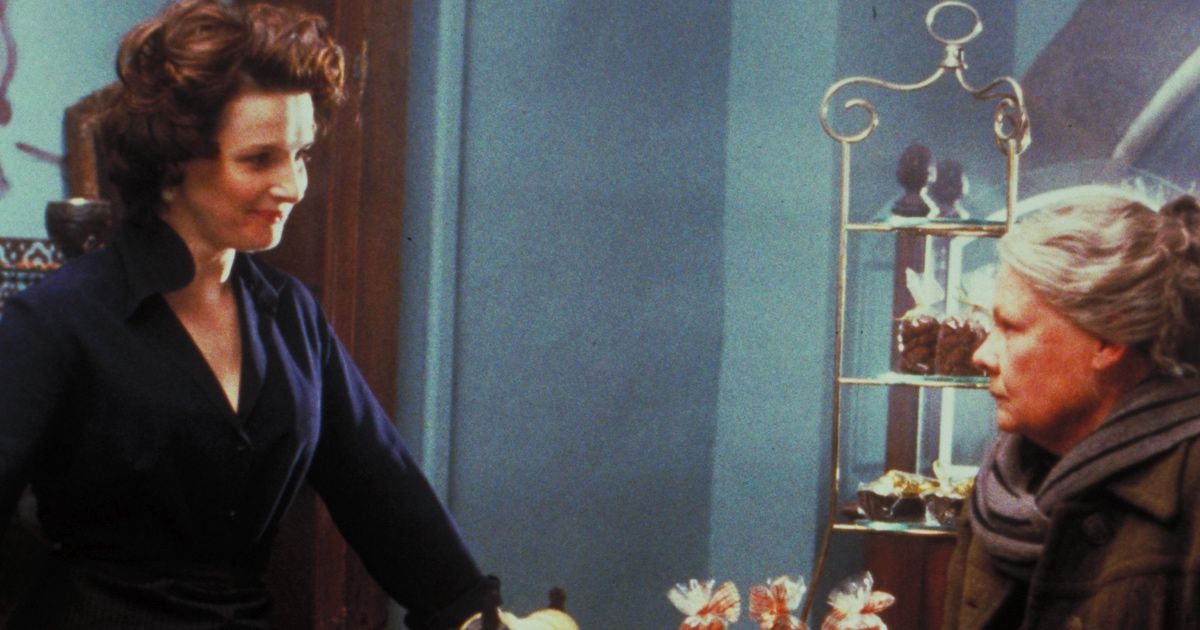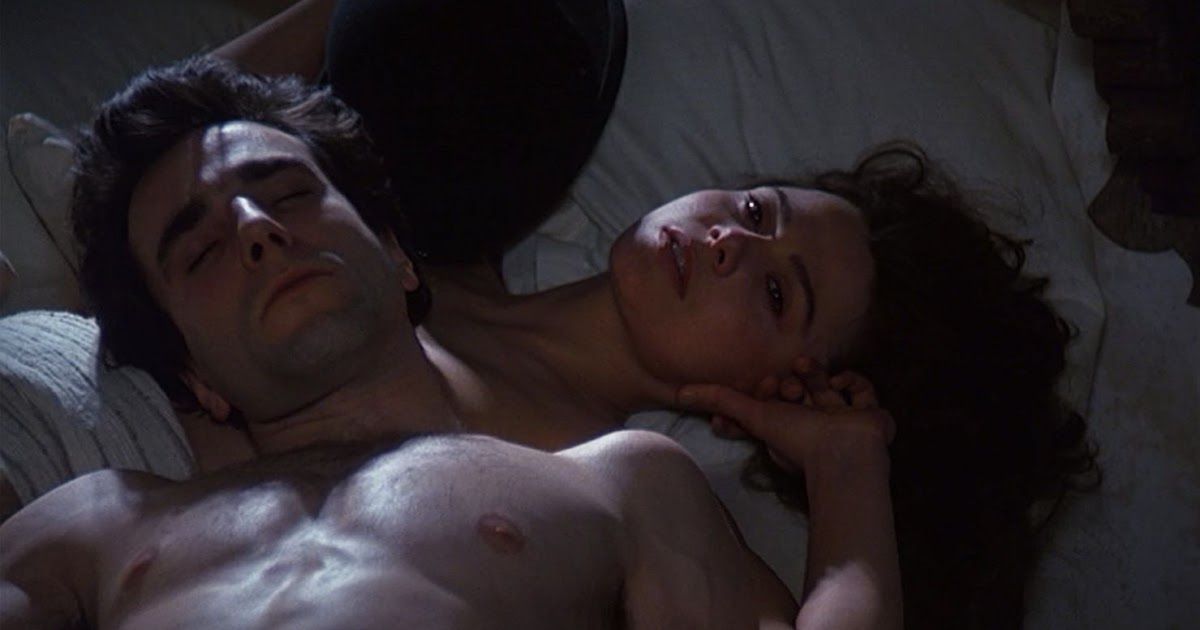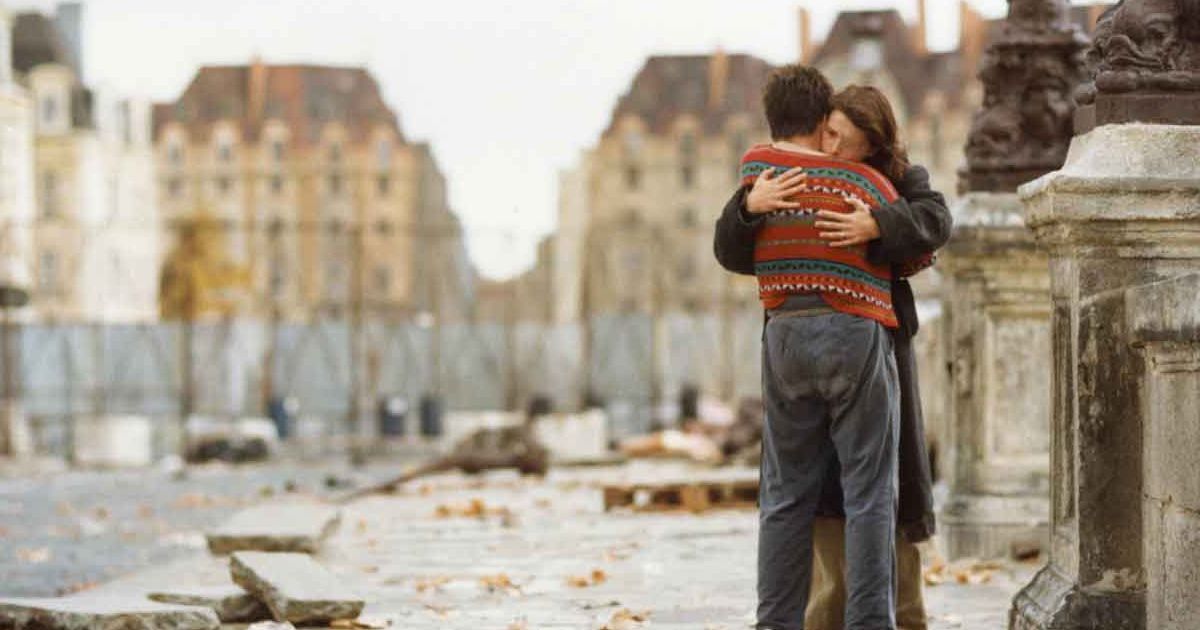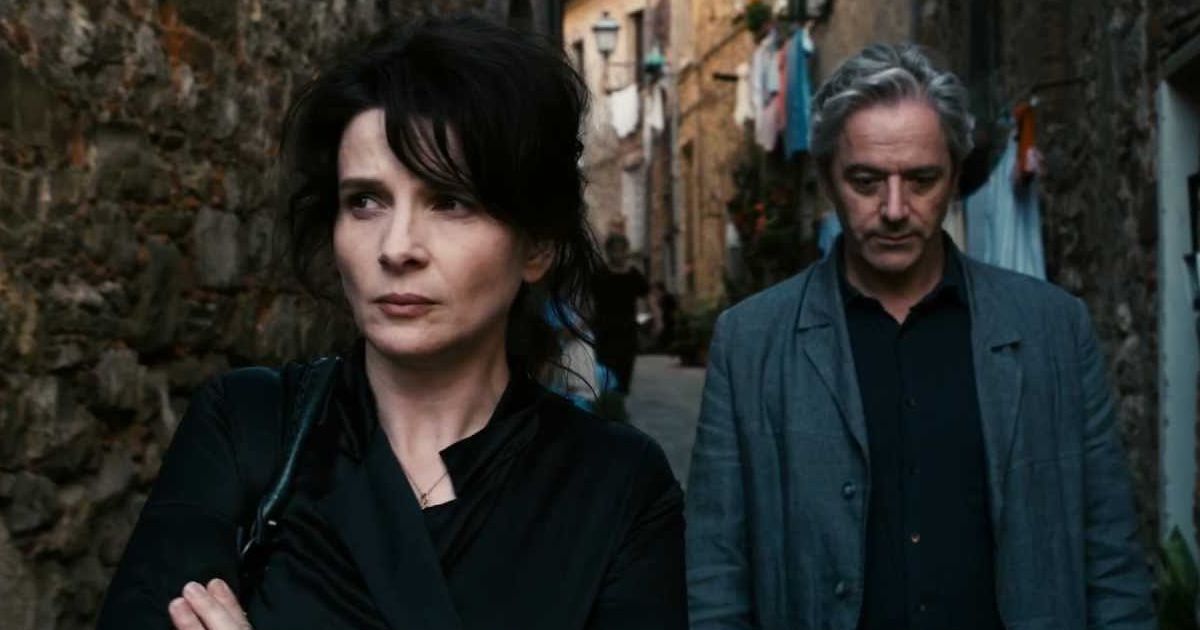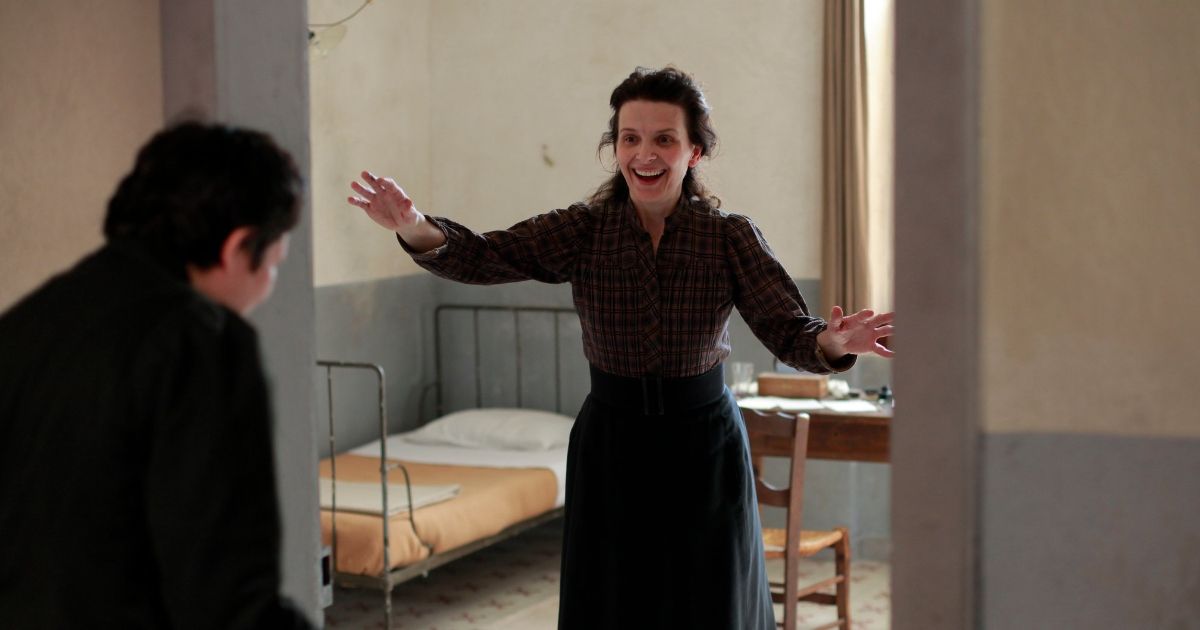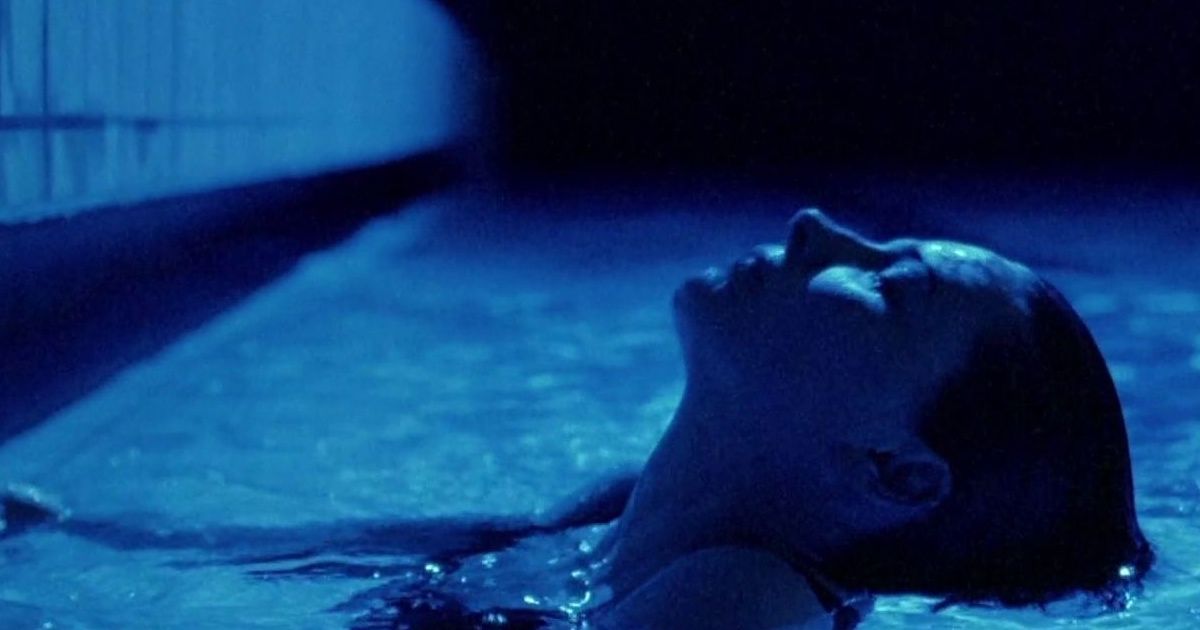French actress Juliette Binoche has done it all: as outlined by New York Times, she has nabbed an Academy Award, a BAFTA, a César Award, a Best Actress Award from Cannes Film Festival, and she even received a nod from the Tony Awards after appearing in a Broadway play. Binoche first made her mark in her native language, French, before appearing in her first English-language movie The Unbearable Lightness of Being in 1988 with Daniel Day-Lewis.
Since then, Binoche has appeared in French and English-language movies. In 2022 alone, she can be seen in the HBO Max true-crime show The Staircase, and she will also star in the upcoming Apple TV+ series The New Look, based on Christian Dior’s revolutionary era of transforming the fashion industry, like Coco Chanel. However, the vast majority of her acting credits lie in movies. These are the best Juliette Binoche movies ranked.
8 Caché / Hidden
2005’s Caché stars Binoche and Daniel Auteuil as a wealthy couple who, after receiving an anonymous tape in the mail, discover they are under surveillance. As more tapes arrive with crude, violent drawings on them, the police decide this can only be acts of criminal activity, thus leading the couple to lives full of fear. Caché not only runs through themes of surveillance in everyday life but the impacts of colonialism on ordinary citizens, specifically, in this case, Algerians living in France under the guise of a whodunit case.
7 The English Patient
The English Patient, an adaptation of a novel by Canadian poet and author Michael Ondaatje, stars Binoche opposite Ralph Fiennes and Willem Dafoe. The end of World War II is approaching, and a nurse (Binoche) is tending to a wounded man (Fiennes). Another Canadian soldier (Dafoe) accompanies her as the man begins to tell the story of his life without revealing who he is. The English Patient is a lengthy but emotional adaptation of the source material, hence why it received quite a bit of award attention when it was released.
6 Chocolat
Chocolat is what earned Binoche her second Academy Award nomination for Best Actress — which she ended up not winning. She had previously brought home the award for her performance in The English Patient. A single mother (Binoche) moves to a small town in the French countryside with her young child and decides she will open up a chocolate shop. She is immediately an outcast from the rest of the village, which is still traditional in nature, but with her arrival comes the winds of change — but is it for the better or worse?
5 The Unbearable Lightness of Being
A true throwback to the late 1980s, The Unbearable Lightness of Being was well-liked by the critics when it first came out in 1986. Czechoslovak art was shifting during the era known as the Prague Spring, as well as intellectual circles and life. The movie follows the life of a brain surgeon engaging in an affair with an artist. Things get a little complicated when Czechoslovakia is invaded by the Soviet Union and the communist stronghold on the country strengthens.
4 Les Amants du Pont-Neuf / The Lovers on the Bridge
Les Amants du Pont-Neuf is a love story featuring two wandering souls. A young man, who is a street performer addicted to sedatives and alcohol, meets a young woman, an artist slowly going blind and facing homelessness due to a relationship gone wrong. Together they live under the bridge and become more dependent on each other. A story about hardship and devotion, it is also a certified tearjerker.
3 Certified Copy
Binoche won the Best Actress Award at Cannes Film Festival for her performance in Iranian director Abbas Kiarostami’s Certified Copy. In a highly acclaimed film that some consider being one of the best of the decade, a woman attends a talk by a favorite writer of hers. She brings along her son, who begins to act up during the discussion, and she is forced to leave early. Afterward, she engages in a relationship with the writer, often discussing the nature of his work: authenticity in art. However, the movie then flips the script with a surprising plot twist, one that enhances the same discussions the two were having previously.
2 Camille Claudel 1915
Too often, women are left outside the conversations about art history, and Camille Claudel 1915 hopes and dares to shed light on Camille Claudel, a French artist who died unknown but has gained a new scholarship in recent years. The movie is a biographical drama detailing the end of her life when she began to decline due to her mental issues. A former lover of the sculptor Auguste Rodin, her mental health issues led her to accuse him of plagiarism, and she consequentially destroyed the majority of her work. Binoche is riveting as Claudel is in the throes of mental agony, humanizing her struggle.
1 Three Colors: Blue
Three Colors: Blue is the first movie in a trilogy based on the three colors of the French flag: red, white, and blue. Three Colors: Blue’s subject is liberty, and with its seductive blue tones scattered throughout the visuals, it offers quite a bit to dwell on. A woman’s husband and daughter are killed in a car accident, and she now has to live her life alone. Consumed by grief, she can no longer function emotionally, leading to a suicide attempt and her distancing herself away from all her friends and loved ones. The visuals and Binoche’s performance truly sell this movie to audiences, creating these moments that seem to linger agonizingly long, just like how Binoche’s character must be feeling.

